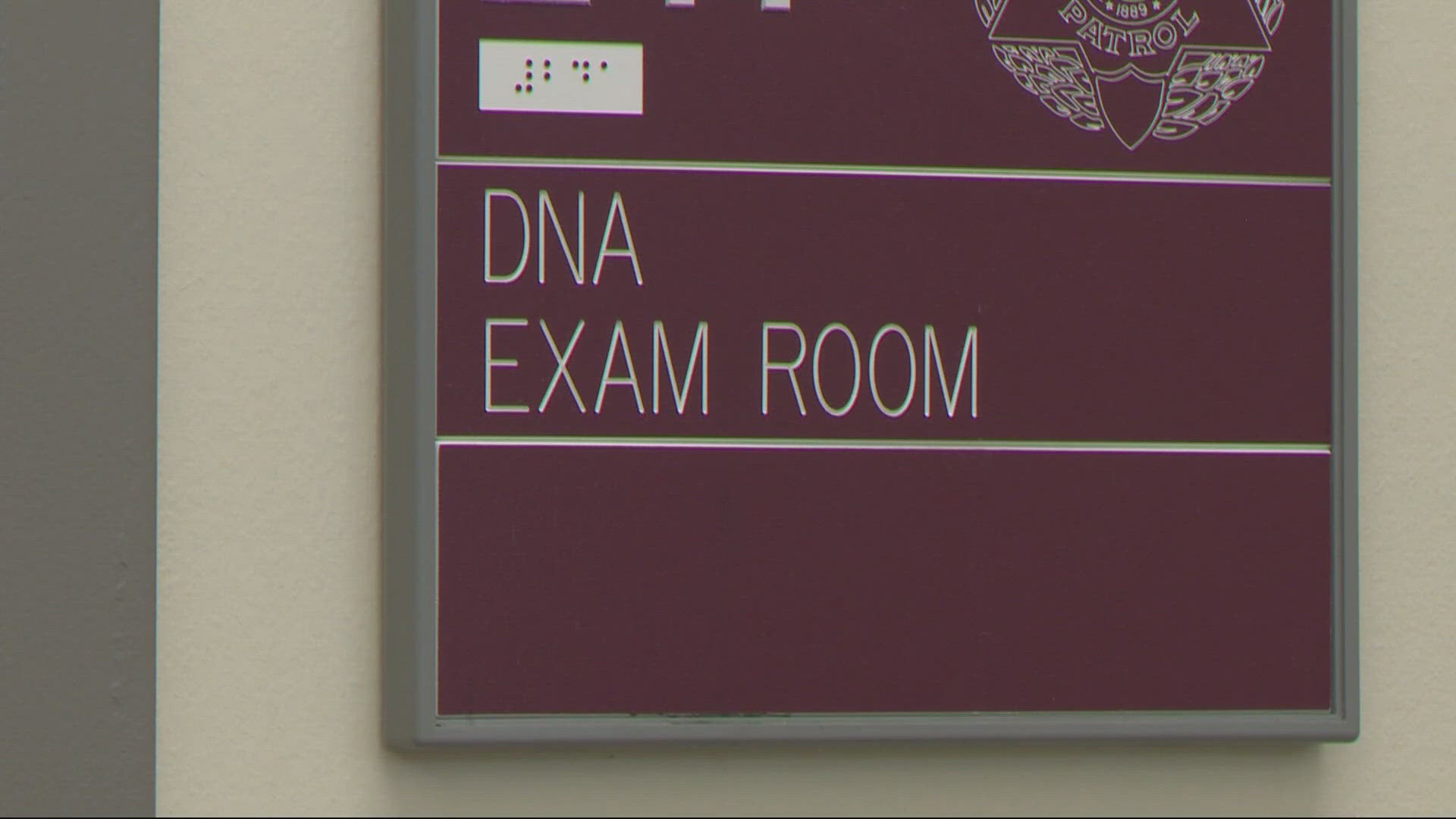EUGENE, Ore. — Forensic DNA analysis is one of law enforcement’s strongest tools in identifying unknown crime suspects but it has its limitations.
University of Oregon researchers found certain groups of people are at a higher risk of receiving a false positive result when it comes to identifying DNA in a multi-person mixed sample.
For example, a door handle or a window might have the skin cells of many different people.
Researchers say, DNA analysis can involve a lot of uncertainty when it comes to certain groups of people from less diverse backgrounds.
Dr. Rori Rohlfs, a University of Oregon associate professor and data researcher who led students on the study said DNA analysis exists with variables and assumptions.
“People think of DNA like an oracle,” Dr. Rohlfs said. “Like it will have the truthful answer — but it’s just a piece of evidence like any other piece of evidence that might be misinterpreted, or might have low accuracy in certain circumstances.”
Researchers offered an example of skin cells swabbed from a door handle. Investigators would most likely have to identify a lot of people to link a suspect to the handle.
“These mixtures of DNA are difficult to analyze,” she said. “There’s the opportunity for error or misunderstanding, or misinterpreting the evidence.”
Researchers said certain people, including Indigenous populations, Latinos or Pacific Islanders tend to have lower levels of genetic diversity.
Based on the study, those the less diverse ancestry means they are also more likely to be incorrectly linked to a crime due to false positive results from mixed samples of DNA.
“The accuracy of these technologies really impacts people’s lives,” Dr. Rohlfs said. “Those people might be convicted based on these technologies, so it’s crucially important in our justice system to only use technologies that we feel very confident about.”
The study says investigators must consider people’s lack of diversity before trusting the accuracy of mixed DNA tests.
The more people in a DNA sample, the less accurate the results will be for investigators.
Dr. Rohlfs noted that University of Oregon undergraduates and undergrads from San Francisco State University conducted the study.
Correction: In a previous version of this article, the last name of Dr. Rori Rohlfs was misspelled.

